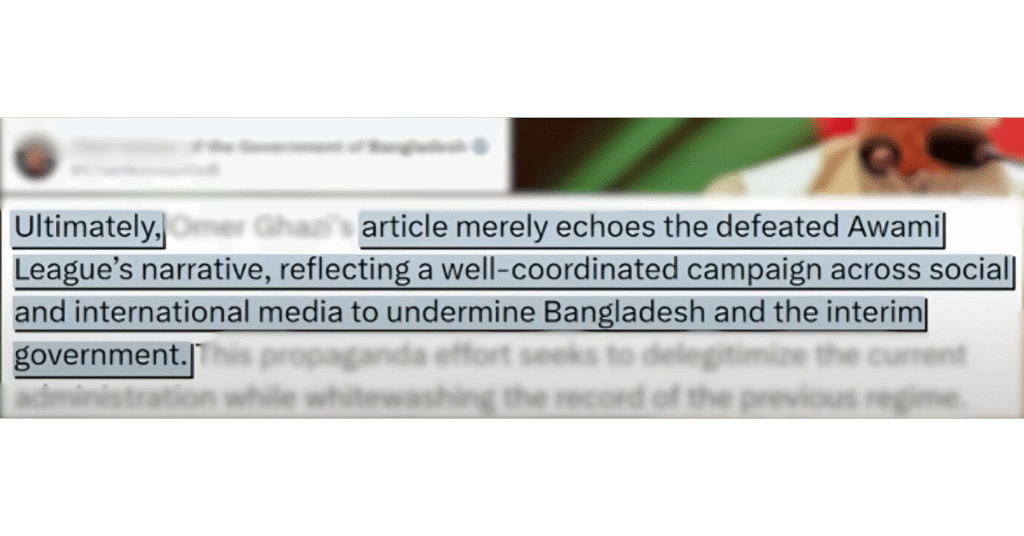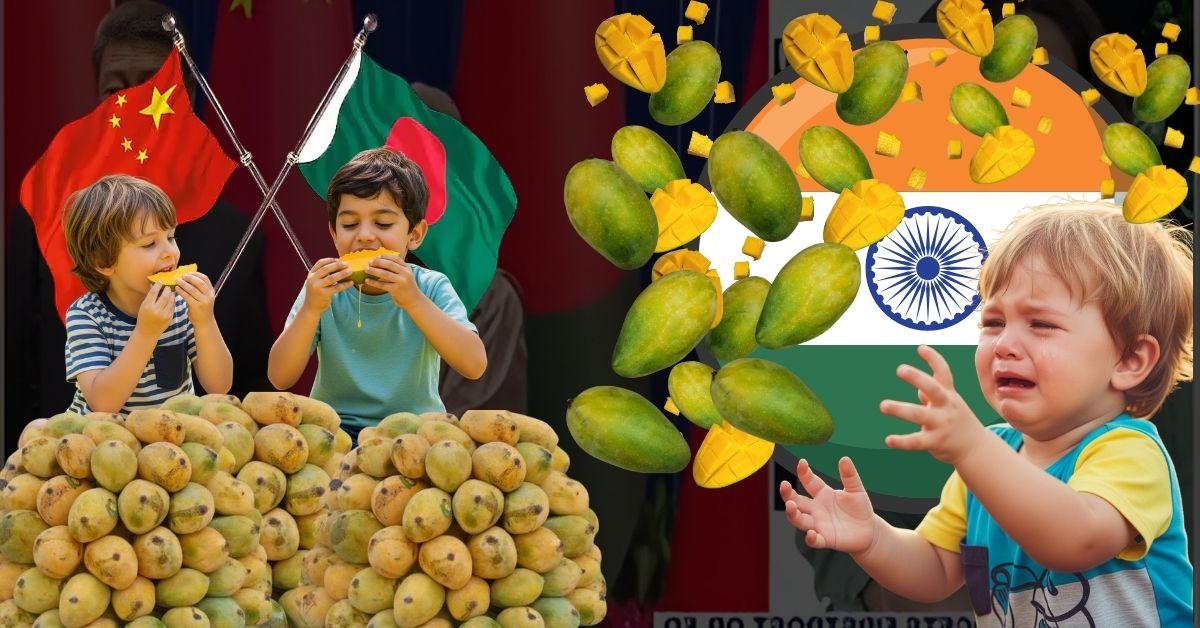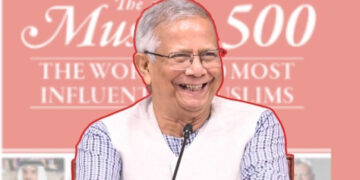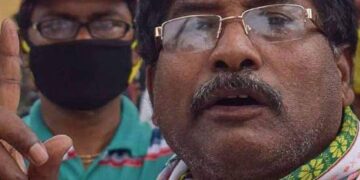When Sweet Mangoes Turn Sour for India
In Bangladesh’s politics and diplomacy, the tradition of ‘mango diplomacy’ has been a special hallmark a symbol of warmth and friendship between Bangladesh and India. Every summer, the delicious mangoes from Rajshahi used to reach the highest political leaders in India from the Prime Minister and President to opposition leaders. This small gift was a sweet emblem of the close ties between the two countries.
However, in recent years, this tradition has started to weaken. Many analysts, including Palki Sharma, believe that India has developed a kind of jealousy towards this “mango diplomacy.” The reason is that Bangladesh is now trying to build closer ties with China and, in this process, has started sending mangoes to Beijing instead of India. This shift has sparked diplomatic controversy.
No mangoes arrived in Delhi. Instead, diplomatic crates rolled into Beijing. And with that, India’s political commentators specially those in the media didn’t hold back. Palki Sharma of Firstpost voiced what many in Indian strategic circles were murmuring: “Why is Bangladesh breaking tradition? And more importantly, is this a sign of a deeper tilt toward China?”
The Controversy Surrounding Dr. Yunus’s Role
At the heart of this shift is Bangladesh’s interim leader Dr. Muhammad Yunus a globally recognized figure, but now a highly polarizing one in the subcontinent’s diplomacy. Dr. Mohammad Yunus has been tasked with restoring peace in Bangladesh, has also become a center of debate. Palki Sharma has accused him of delaying elections and making long-term diplomatic changes that were not part of his mandate.
Read More: Chief Adviser’s London Visit and Secret Meeting with Tarique Rahman Explosive Revelations
Yunus, appointed to oversee the political transition after Sheikh Hasina’s departure, was expected to be a neutral peacekeeper. However, Indian commentators and particularly Firstpost are accusing him of doing much more than just restoring order. Instead of just preparing for elections, Yunus is allegedly redesigning Bangladesh’s foreign policy, reducing ties with India and strengthening those with China.
Palki Sharma strongly criticized this, saying Yunus has no public mandate to redefine foreign alliances. The biggest example? Sending mangoes to Beijing instead of Delhi.
But this war of words has taken a sharper turn.
Yunus Fires Back at Firstpost
Following these criticisms, Yunus broke his silence. He publicly condemned Firstpost over an op-ed published on their website that linked the CIA and the United States to Sheikh Hasina’s ouster in 2024. Calling it “controversial and propagandist“, Yunus pushed back hard, suggesting that Indian media are promoting false narratives to delegitimize his transitional leadership.

This response from Yunus sparked even more backlash. Indian media personalities began asking: Why is Yunus so obsessed with what Indian journalists are saying? Palki Sharma, in a recent video commentary, even asked, “Why does he seem more focused on Indian headlines than on rebuilding Bangladesh?”
It’s no longer just about mangoes. It’s now a battle of narratives.
India-Bangladesh Relations and the Future
This tug-of-war reflects something deeper a new diplomatic triangle forming in South Asia. ‘Mango diplomacy’ once symbolized a deep friendship between India and Bangladesh. Now that tradition has changed, it is natural that some Indian leaders feel suspicion and disappointment. They see Bangladesh’s pro-China policy as a sign of sidelining India.
How sustainable India-Bangladesh relations will be in this new situation only time will tell. However, the current scenario clearly shows that Bangladesh’s diplomacy is entering a new phase, where maintaining balance will be a major challenge.
Source: Firstpost
















